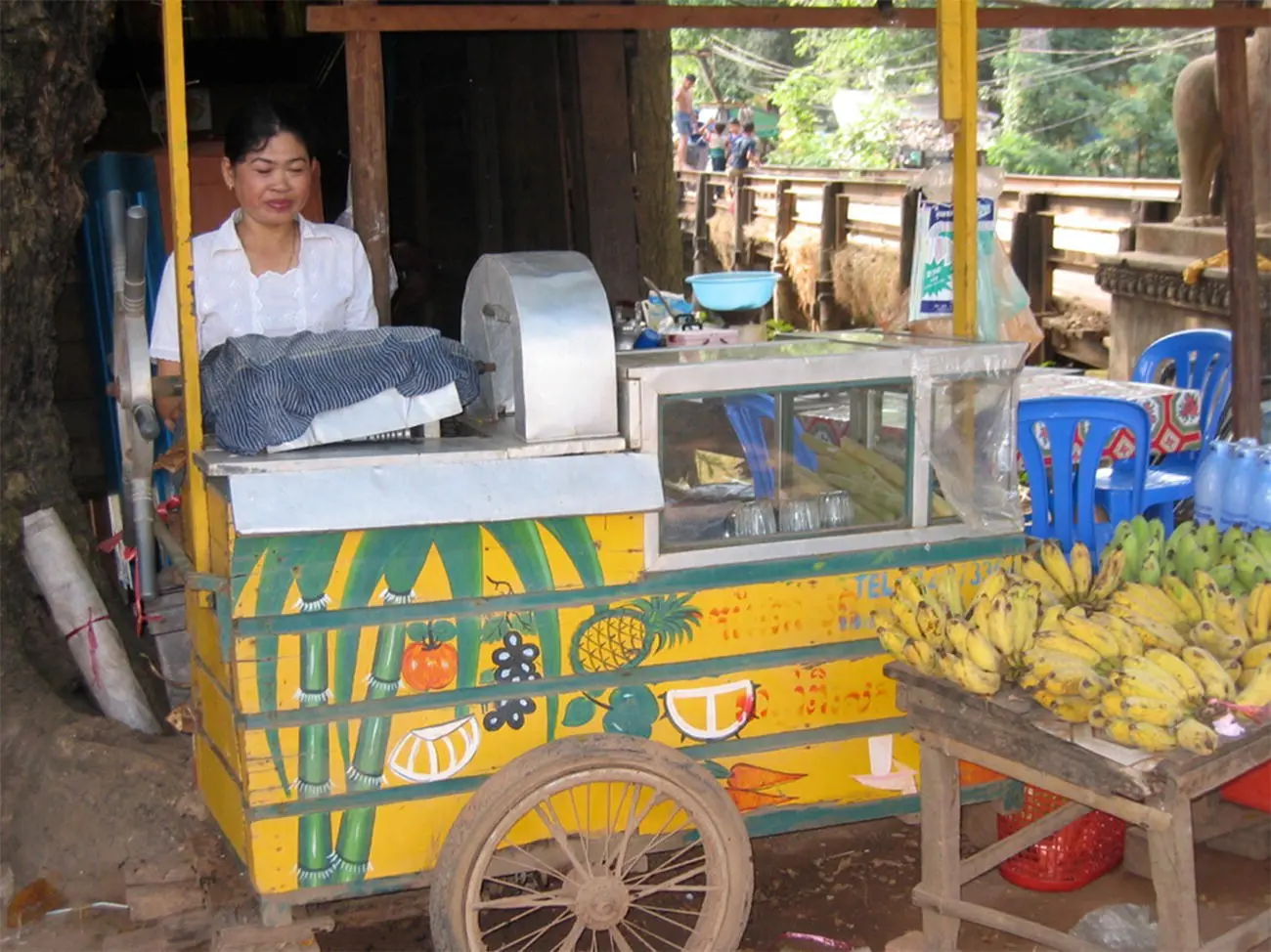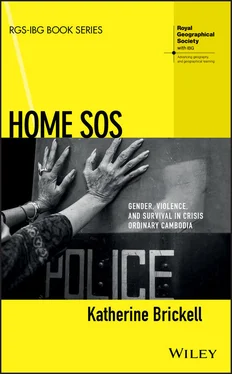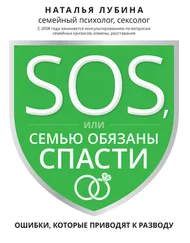1 ...6 7 8 10 11 12 ...20 My message is that home is life for women. Even the bird needs a nest. Even corpses need a cemetery. The most important place is home. If we do not have a home, how can we bring up our children?
The point that Yorm Bopha is making is that every woman needs somewhere either to nurture new life or rest their deceased bodies. Forced eviction, however, is a form of gender‐based violence that reduces and unravels women’s capacity to fulfil social reproductive roles that many women value. Although scholastic work collectively evidences the gendered dimensions of displacement (see Brickell and Speer 2020 for a review), Home SOS strengthens the case for viewing forced eviction more specifically, and emphatically, as a form of gender‐based violence like domestic violence. The book reveals women’s feminised responsibility to deal with the far‐reaching and adverse consequences of forced eviction, from possible destruction of the family home, splintering of familial and/or community ties, the loss of livelihood, and access to essential facilities and services. These carry with them significant physical and mental burdens. As UN‐HABITAT (2011a, pp. 3–4) notes and Home SOS demonstrates, ‘the prospect of being forcibly evicted can be so terrifying that it is not uncommon for people to risk their lives in an attempt to resist or, even more extreme, to take their own lives when it becomes apparent that the eviction cannot be prevented’.
On these grounds, it is largely women who have been at the forefront of contestations over displacement globally (Casolo and Doshi 2013) and this resistance is part of the survival-work that women are undertaking. While displacement challenges the displaced ‘to take their proper place [of non‐being] instead of taking place’ (Butler and Athanasiou 2013, p. 20), ‘emplacement’ (Roy 2017) as a tactic is one way that women contest the removal of their homes. The book shows, however, how these emplacement efforts are mired in gender‐based violence, including state‐sponsored violence against women, domestic violence, and women’s incarceration as part‐and‐parcel of their fight for home. Direct and indirect violences are therefore inflicted physically and mentally upon women disproportionately, and this includes other deprivations of liberty that fit the definitional contours of gender‐based violence. That forced eviction has been excluded from the gender‐based violence radar is highly political and likely to be because it raises the spectre of complicit governments and a development model driven by capitalist dynamics and state accumulation tied to the seizing of homes at any human cost.
Indeed, seminal feminist scholarship conjectures that an indelible link exists between ‘the global extension of capitalist relations and the escalation of violence against women, as the punishment against their resistance to the appropriation of their bodies and labour’ (Federici 2014, p. xi). Prompted by Silvia Federici’s work, Sutapa Chattopadhyay (2018, p. 1296) asks, ‘how can women’s vulnerability to gender‐based violence be explained through numerous co‐constitutive forms of violence and inequalities that shape the bodies of the marginalized?’ Home SOS places the experiences of domestic violence and forced eviction centrefold in order to examine women’s injuries, but also their survival practices, in defence of home. It therefore works to connect rather than isolate different forms of gender‐based violence in its co‐constitutive analysis of violences and inequalities shaping women’s lives.
Converging Research Trajectories
Home SOS brings together original data from four studies I have undertaken. Over the 16‐year collection period (2003–2019), my work has shifted from the broad‐based focus of my doctorate (Brickell 2007) on household gender relations and marriage to a more concentrated engagement on domestic violence and forced eviction issues. This work began in Siem Reap Province and has since extended to Pursat Province and Phnom Penh, the country’s capital.
The fieldwork for my PhD (2004–2005) was funded by the Economic and Social Research Council (ESRC) and was undertaken in the urban centre of tourist‐oriented Siem Reap (Slorkram commune), home to the global heritage and tourist site of Angkor. Here female participants worked in low‐paying service sector positions or were engaged in the home‐based selling of soup and refreshments. The other fieldsite was located in its rural vicinity where rice farming still predominated (Krobei Riel commune) and where women were mainly subsistence farmers and weavers. 4 The research was based on 100 oral histories and 40 semi‐structured interviews. The sample of interviewees was based on an equal proportion of men and women of differing ages living in the two communes. Participants were sought through visits on different days and times to randomly selected individual households in the two communes. Unlike the semi‐structured interviews, the oral histories were completed in two sessions (lasting between two to four hours each) and were used to understand transitions over the life course given the shifting expectations, responsibilities, and attitudes tied to the roles of men and women in and outside the household. These were ordinarily carried out in participants’ homes out of the sun and, given their length, women sometimes undertook piecework or housework. A profile was also used to gather background socioeconomic information about respondents and their respective households. In total, during my doctoral research, I interviewed 19 women in Slorkram and 5 women in Krobei Riel who had directly experienced marital breakdown, the majority of whom had encountered domestic violence in their spousal relationship(s). This included Orm, whose life story had a profound influence on the development of my research trajectory and this book.
My first encounter with Orm came across the metallic countertop of her sugar cane juice stall positioned outside her house in Slorkram Commune, Siem Reap ( Figure 1.2). She had lived there with her two young daughters for 4 years. Sipping the sweet liquid she had just squeezed through her press, we went on to spend several hours together talking. The joyous shrieks of the boys jumping in the river behind us felt in stark relief to the sombre tone of her voice as it began to crack in this initial interview. Surrounded by photographs of her standing alone, Orm quickly started telling me about the social discrimination she encountered as a divorcee, and the extreme depression that resulted. This extended to anxiety‐induced weight loss and the attritional wearing down of her body in response. 5 Her mood was bleak and her failed marriages inflected with sadness and worry that had become an affective presence in her life.

Figure 1.2 Orm’s sugar cane juice stall outside her home, Siem Reap, 2004.
Photo: Katherine Brickell.
Orm’s interview revealed the reluctance to talk publicly about her circumstances on the basis of perceived guilt, which upholds the idea that women should not take fire outside the house, but let it smoulder inside. Crises should, by this prevailing logic, be contained as internal domestic affairs and not leaked into the public sphere. What was also telling for me in Orm’s interview was how the failings of her intimate relationships and her insecure tenure status residing on the riverbank without legal title ( Figure 1.3) compounded her overarching sense of precarity and outsider status. Much like the language used to describe the history and circumstances of her intimate relationships, she explained that she had no choice but to ‘bear living here’. Orm was deeply unhappy because she did not know if and when the land would be confiscated and frequently noted her constant fear of her eviction ‘being soon’. Earning only 40 US dollars per month and living alone without a partner, she noted that there was little way of turning her life chances around. This slow and anticipatory emergency was never far from her mind. Crisis had an omni‐presence in her life history that she keenly detected.
Читать дальше












